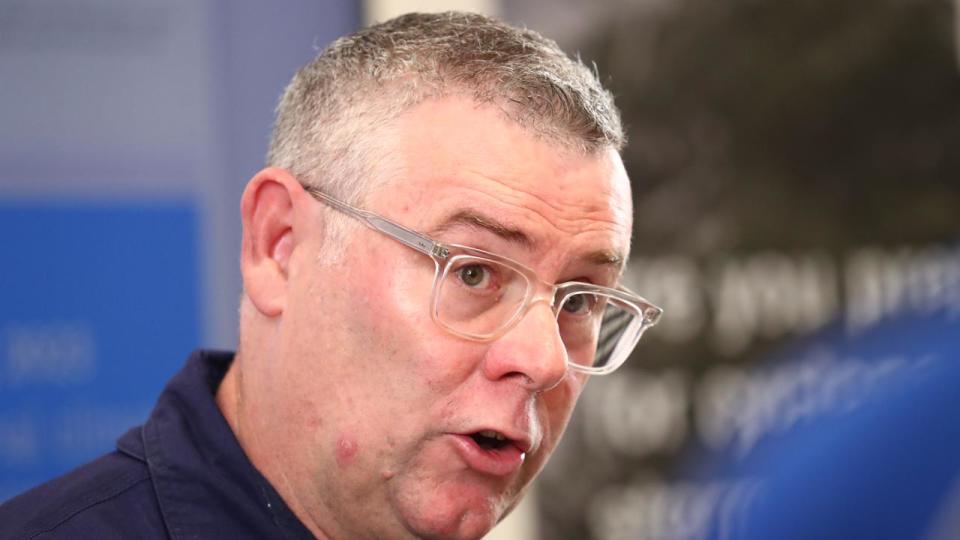Australia has a beef with looming EU trade rules
Australia has called for clarity on new trade rules with the European Union which could impact agricultural exports.
From 2025, EU companies will be prevented from importing beef products from properties where deforestation has occurred over the past four years.
Australia's Agriculture Minister Murray Watt has written to the EU Commissioner for the Environment, outlining his concerns and calling for a delay in the new provisions.
He says they have created a mood of uncertainty.

"There is understandably very real concern about what that will mean for Australian businesses that are either already exporting to Europe, or want to have the opportunity to do so in the future," Senator Watt told an audience at Beef Week in Rockhampton.
"It's not about beef producers it's about the implementation of an arbitrary system that provides no regulatory clarity," the minister told AAP.
The comments were made as the beef industry released a snapshot on how it was tracking on sustainability.
The annual update of the Australian beef sustainability framework noted that the interpretation of deforestation could differ.
Beef 2024 is underway! Great to join @AlboMP and hundreds of local and international beef industry leaders at last night's @BeefAustralia awards dinner. Congrats to Central Qld cattle producer & @CattleAus Director @AdamCoffeyNT who won the 2024 @qclnews Red Meat Achiever Award. pic.twitter.com/0gOnZ17e5Q
— Senator Murray Watt (@MurrayWatt) May 6, 2024
"These requirements, which include definitions of forest height and canopy, do not relate to bioregions and they ignore extensive environmental research undertaken in an Australian context," chair of the framework's steering group, Mark Davie said.
The annual update found the removal of primary vegetation was at an historic low of 0.43 per cent.
But conservationists warned that the figure still represented alot of land being cleared.
"In Queensland where we have the best data, 90 per cent of the forest removal is to make room for sheep and cattle," the Australian Conservation Foundation's Nathaniel Pelle said.
The annual update also looked at the amount of land being managed by producers for biodiversity outcomes - a figure it put at 160 million hectares, or 55 per cent of Australia's cattle-producing land, in 2023.
Mr Davie who is also a beef producer, conceded the figures around biodiversity were reliant on an interpretation from graziers rather than meeting any regulatory metric.
"One of our biggest challenges is we don't yet have the data and the indicators and the measurement techniques available to capture across our landscape," he said.


